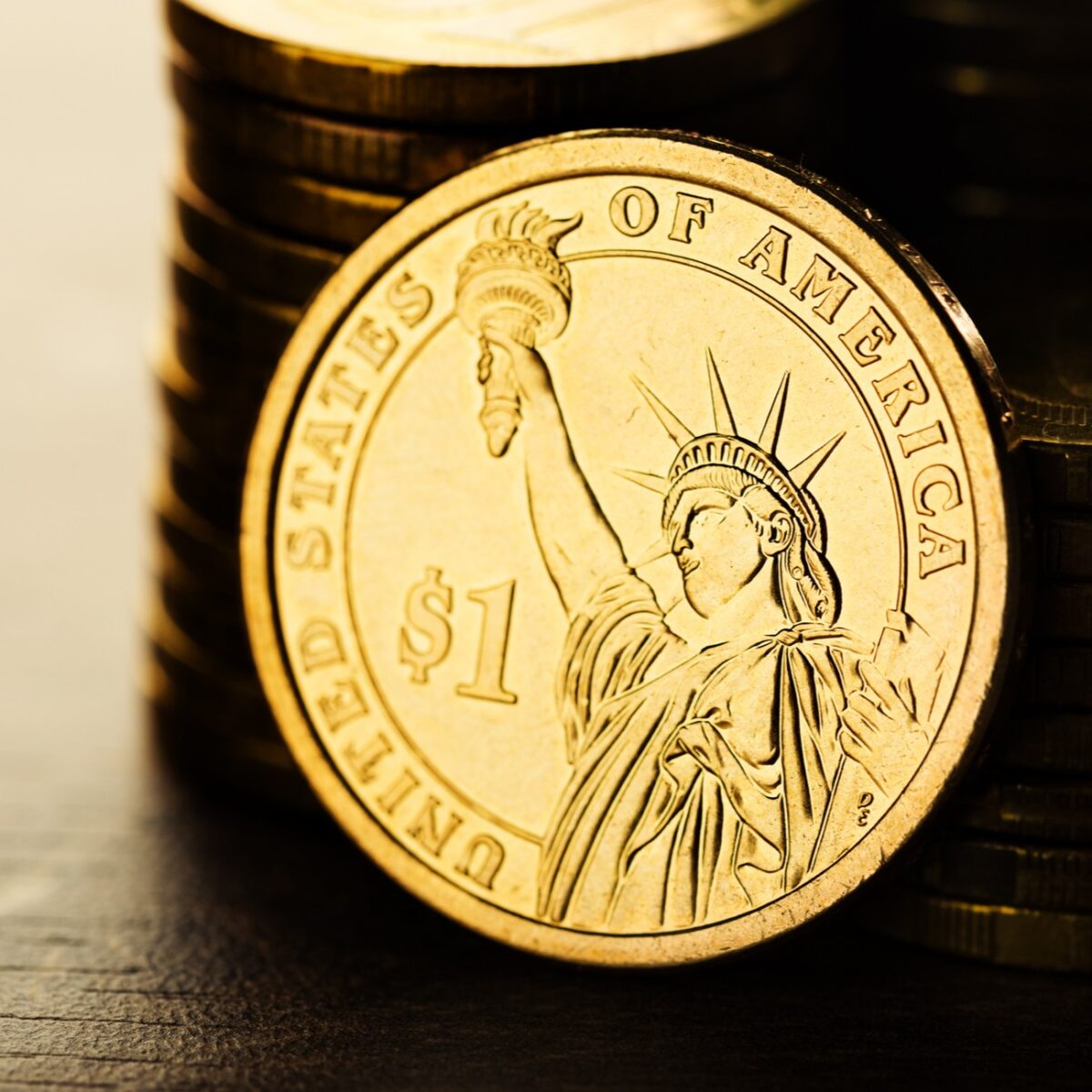PALO ALTO, Calif. (Reuters) - The Federal Reserve is taking a look at a broad series of issues around digital payments and currencies, consisting of policy, style and legal factors to consider around possibly releasing its own digital currency, Guv Lael Brainard stated on Wednesday. Brainard's remarks suggest more openness to the possibility of a Fed-issued digital coin than in the past." By transforming payments, digitalization has the potential to provide higher worth and benefit at lower cost," Brainard said at a conference on payments at the Stanford Graduate School of Company.
Reserve banks globally are debating how to manage digital financing technology and the distributed journal systems used by bitcoin, which guarantees near-instantaneous the fed coin payment at possibly low cost. The Fed is developing its own round-the-clock real-time payments and settlement service and is presently reviewing 200 remark letters sent late last year about the proposed service's style and scope, Brainard stated.
Less than two years ago Brainard told a conference in San Francisco that there is "no engaging demonstrated requirement" for such a coin. But that was before the scope of Facebook's digital currency ambitions were commonly understood. Fed authorities, consisting of Brainard, have raised issues about customer defenses and data and personal privacy risks that could be presented by a currency that could come into usage by the 3rd of the world's population that have Facebook accounts.
" We are working together with other Additional resources reserve banks as we advance our understanding of reserve bank digital currencies," she said. With more countries checking out issuing their own digital currencies, Brainard said, that adds to "a set of reasons to also be making certain that we are that frontier of fedcoin both research study and policy development." In the United States, Brainard stated, concerns that require research study include whether a digital currency would make the payments system more secure or simpler, and whether it might present monetary stability dangers, consisting of the possibility of bank runs if cash can be turned "with a single swipe" into the reserve bank's digital currency.

To counter the financial damage from America's unmatched national lockdown, the Federal Reserve has taken unmatched steps, including flooding the economy with dollars and investing straight in the economy. The majority of these moves got grudging approval even from numerous Fed doubters, as they saw this stimulus as needed and something just the Fed could do.
My new CEI report, "Government-Run Payment Systems Are Hazardous at Any Speed: The Case Against Fedcoin and FedNow," Go to this site details the dangers of the Fed's present plans for its FedNow real-time payment system, and proposals for central bank-issued cryptocurrency that have actually been called Fedcoin or the "digital dollar." In my report, I discuss concerns about personal privacy, data security, currency adjustment, and crowding out private-sector competitors and innovation.
Supporters of FedNow and Fedcoin say the federal government needs to create a system for payments to deposit quickly, instead of encourage such systems in the economic sector by lifting regulative barriers. But as noted in the paper, the private sector is providing a relatively endless supply of payment technologies and digital currencies to fix the problemto the level it is a problemof the time gap in between when a payment is sent and when it is received in a bank account.
And the examples of private-sector development in this location are lots of. The Clearing Home, a bank-held cooperative that has actually been routing interbank payments in numerous kinds for more than 150 years, has been clearing real-time payments considering that 2017. By the end of 2018 it was covering half of the deposit base in the U.S.